It’s hard to believe, but as December begins, we’re once again in a time of year that holds a lot of joy for many families — the Holiday season! Beginning in November with Thanksgiving and generally ending in January with the start of the New Year, the holidays are a time for many to take time off work, visit family and reflect on the past year. But along with all the joys this time of year can bring come expectations. As a therapist, one of the hardest things I help individuals and their families navigate is what to do when they don’t feel the way they think they should feel around the holidays.
- “My entire family is together — I should feel loved and included? Why don’t I?”
- “I got the video game I’ve been wanting for months. I should feel happy, but I can’t stop thinking about how Christmas trees don’t belong inside. I can’t wait for this season to be over.”
- “I should feel relieved that my mom came to town and took the kids out to Starbucks for hot chocolate, but why can’t I stop checking my phone?”
“Should” can be one of the hardest words during the holiday season, especially for autistic people and their families who have so many “shoulds” thrown at them throughout the course of the year as it is. When I talk about this with my patients, one thing we focus on in navigating these thoughts is self-compassion, or how to treat yourself and speak to yourself the way you would hope someone would treat/speak to your dearest loved ones. Here are some strategies and tricks that my patients and I use to practice self-compassion, let go of “should” and find ways to celebrate things as they are.
- Embrace radical acceptance.
- Radical acceptance does not mean that we agree with, like, or condone the way things are. It’s just an internal shift where we acknowledge, even if only to ourselves, that it is the way things are.
- Just take a moment to tell yourself, “It doesn’t matter that I should be feeling happy calm, loved etc. I am feeling sad, scared, overwhelmed. That is the reality. No point in denying it.” This can be very healing and lead to a lot of relief!
- Here at some more examples of radical acceptance.
- Try a 30-second meta meditation.
- A meta or ‘loving-kindness’ meditation is a very quick meditation that focuses on using imagery to take a little piece of the immense love that many of us feel for our loved ones or pets and practice turning it inward towards ourselves. Extending this compassion towards ourselves eases the impulse to get frustrated and down on ourselves when “shoulds” come up.
- Here are some examples of loving meditation scripts.
- Understand alexithymia.
- An extra layer of complication for many autistic people during this time of year is something called alexithymia. Alexithymia is the inability to identify or label one’s own feelings. Many autistic people experience alexithymia! When family members don’t understand this, it can create misunderstandings. Holidays increase situations where autistic family members may feel criticized for “having a bad attitude,” especially around Thanksgiving when people are expected to feel and express gratitude! Having language to explain alexithymia may help to ease expectations and pressures for autistic family members.
- Here are some ways to explain alexithymia.
It may be helpful to start having conversations with loved ones now about how the holidays give joy and stress at the same time, and that feelings are hard to talk about. However you feel or whatever your celebrations may look like over the next few months, we all deserve to be treated with care and compassion and to feel valued.
We at Children’s National hope that this article can empower you to extend some of that compassion to yourself!
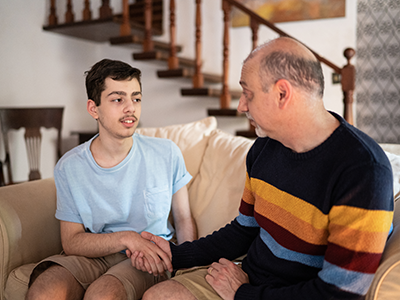 https://riseandshine.childrensnational.org/wp-content/uploads/2022/05/Father-and-son-talking-at-home-feature.png
300
400
Rise and Shine
https://riseandshine.childrensnational.org/wp-content/uploads/2017/11/childrens_riseandshine_logo.jpg
Rise and Shine2026-02-02 01:12:352026-02-02 15:21:38Talking to your child about their autism diagnosis
https://riseandshine.childrensnational.org/wp-content/uploads/2022/05/Father-and-son-talking-at-home-feature.png
300
400
Rise and Shine
https://riseandshine.childrensnational.org/wp-content/uploads/2017/11/childrens_riseandshine_logo.jpg
Rise and Shine2026-02-02 01:12:352026-02-02 15:21:38Talking to your child about their autism diagnosis



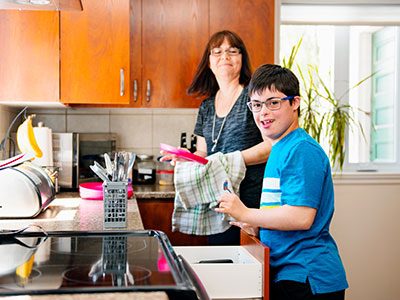
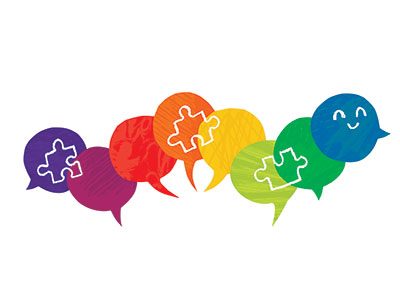
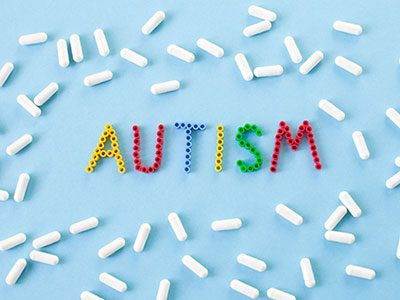







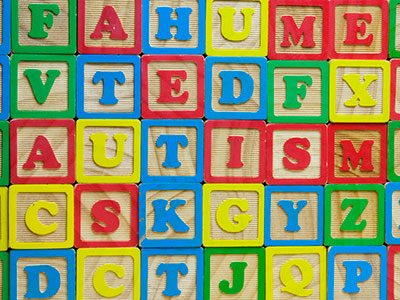


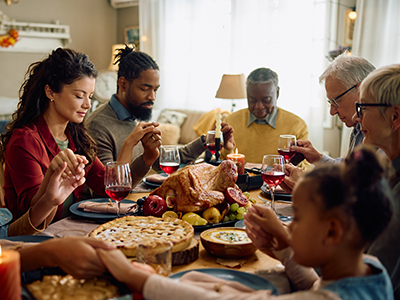




Leave a Comment
Want to join the discussion?Feel free to contribute!